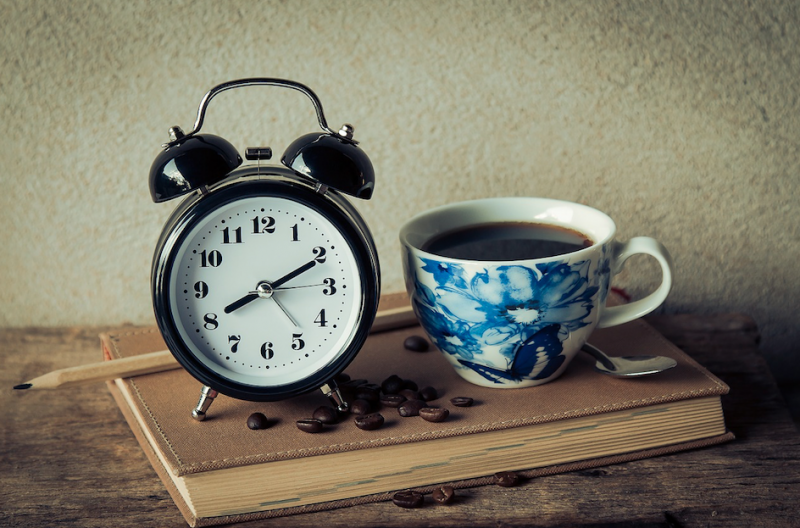
Intermittent Fasting: Can You Drink Coffee?
Intermittent fasting is having a moment right now as the latest trend in a long line of diets and eating regimes intended to promote weight loss and healthier eating, although it’s actually been around for many years; it seems people are just cottoning on to the benefits now. The main difference is that it’s more about when you eat than what you eat. By eating within a specific period, and fasting the rest of the time, the benefits range from weight loss to improved brain function and insulin sensitivity, reduced inflammation, prevention of chronic disease, and even a longer life.
And while people are learning that they can survive just fine without food for a day, there are a lot of questions around drinking coffee during your fast. You won’t die if you don’t eat for a day, but to go without caffeine? Is that even possible? So, you’re probably wondering…is it ok to drink coffee during intermittent fasting? That depends.
What about milk?
Plain black coffee (no milk) is generally accepted as fine during intermittent fasting – and the same goes for plain black tea. Plain black coffee is considered to have zero calories, and is therefore acceptable while fasting. It might even be beneficial thanks to the appetite-suppressing effect for some coffee drinkers. And for those who crave their coffee ‘kick’ – the caffeine effect should be even more pronounced given that you have nothing else in your system – you should feel even more energised and alert than usual.
Unfortunately, plain black coffee doesn’t bode well for coffee lovers who need their milk and sugar… Lattés, cappuccinos, frappuccinos, and other high-calorie or sweetened coffee drinks are unfortunately off-limits during a fasting window. If you absolutely have to add something to your coffee, a tiny dash of cream or coconut oil is acceptable because it won’t increase your total calorie intake or blood sugar levels too much, but technically, you’re not supposed to consume any calories while fasting.
Do you get the jitters?
One thing you do want to take into consideration is how caffeine affects you personally. If you’re sensitive to caffeine and prone to anxiety, heart palpitations or high blood pressure, consuming too much caffeine could work against your health goals in doing intermittent fasting. And there are some intermittent fasting experts who advise completely giving up caffeine during fasting periods…
For many people, one of the benefits of fasting is giving your body a chance to reset itself – coffee actively works against this by activating your adrenal glands to release cortisol; known as the stress hormone. If you’re under chronic stress, it might be better to give your body a rest from the cortisol production.
Ultimately, intermittent fasting is about finding a fasting period and schedule that works for you and your body. Chat to your doctor before drastically altering your diet or lifestyle, and see what works best for you. Listen to your body – if it needs coffee to stay sane, do what it says. If not, let the thought of that creamy cappuccino waiting at the end keep you motivated through your fasting hours.